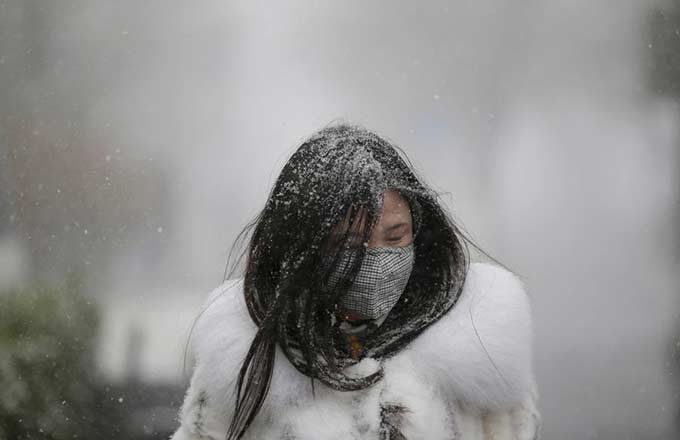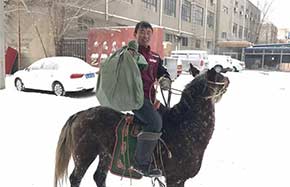East China city halts live poultry sales amid bird flu fears
The ban is effective for two weeks starting Wednesday in Nanchang, capital of East China's Jiangxi province.
All poultry markets in the city will be thoroughly disinfected.
Market closures are the most effective way of stemming the spread of the H7N9 virus, said the Nanchang Municipal Center for Disease Control and Prevention.
The center said members of the general public do not need to panic.
Jiangxi reported 28 human H7N9 cases, with seven deaths, from January to mid-February, according to provincial health authorities.
Authorities in Kunming, capital of Southwest China's Yunnan province, on Tuesday announced that the city will ban the sale and culling of live poultry in downtown areas starting in March.
Earlier this month, the H7N9 virus claimed the lives of a 23-year-old woman and her three-year-old daughter in Kunming.
Since January, at least 270 H7N9 human infections have been reported in China, with at least 87 fatalities. Most cases were around the Yangtze and Pearl river deltas.
The situation has prompted health authorities to step up prevention and control measures. The National Health and Family Planning Commission is training workers in screening and early diagnosis, and in treatment of critically ill patients. The commission has also ordered a ban on the live poultry trade in places where H7N9 cases have been reported.
So far, live poultry sales have also been suspended in Guangzhou, Xiamen, Suzhou, several cities in Hunan and Sichuan provinces and the whole of Zhejiang province.
The bans have greatly reduced the number of new infections in many regions, said Ni Daxin, deputy director of the emergency response center at the Chinese Center for Disease Control and Prevention. Ni suggested replacing live poultry with frozen birds to reduce the risk of infection.
H7N9 was first reported in humans in China in March 2013. It is most likely to strike in winter and spring.

























